According to the Decree, direct electronic notarization is applied to all civil transactions.
Online electronic notarization is applied to civil transactions, except for wills and other unilateral legal acts.
Diplomatic representative agencies shall perform electronic notarization of transactions as prescribed in Clause 1, Article 73 of the Law on Notarization.
Article 49, Decree No. 104/2025/ND-CP on conditions for providing electronic notarization services clearly states:
Accounts for performing electronic notarization (hereinafter referred to as electronic notarization service provision accounts) of notaries, notary practice organizations, diplomatic officials, and diplomatic representative agencies must be created on an electronic notarization platform that meets the provisions of Article 51 of this Decree and relevant legal provisions.
Digital signatures using timestamping services to perform electronic notarization by notaries, notary practice organizations, diplomatic officials, and diplomatic representative agencies provided by trusted service providers of Vietnam in accordance with the provisions of Vietnamese law.
Notaries and notary practice organizations must register digital signatures to perform electronic notarization at the Department of Justice where the notary practice organization registers to operate.
Notary organizations providing electronic notarization services must ensure conditions regarding computers, network connections, electronic equipment and other necessary conditions.
The provision of electronic notarization services at diplomatic missions is carried out according to the actual conditions of that diplomatic mission.

Article 50, Decree No. 104/2025/ND-CP stipulates the conditions for using electronic notarization services:
Participants in electronic notarization transactions use public digital signatures provided by Vietnamese public digital signature certification service providers in accordance with Vietnamese law or foreign digital signatures and digital signature certificates recognized in Vietnam, except where otherwise provided by law.
Organizations and individuals participating in electronic notarization transactions can register an account to use electronic notarization services on the electronic notarization platform or be authenticated to receive a digital signature certificate via the VNelD application or other applications at the time of participating in the transaction to synchronize accounts and issue digital signature certificates in accordance with the provisions of law. Notaries and notary practice organizations are obliged to guide organizations and individuals to register an account to use electronic notarization services and comply with relevant legal provisions.
Article 52 of Decree No. 104/2025/ND-CP stipulates the direct electronic notarization process, including:
- The person requesting notarization and the notary public shall perform the tasks prescribed in Clause 1 and Clause 2, Article 43 of the Law on Notarization.
- Direct electronic notarization transactions initiated by notaries must include the notary's account and the accounts of the participants in the notarization transaction (if any).
- The notary uploads to the electronic notarization platform the transaction document that has been drafted in the form of a data message or the transaction document that has been digitally signed by the person authorized to conclude the transaction as prescribed in Clause 2, Article 50 of the Law on Notarization.
- The person requesting notarization reads the transaction document on the electronic notarization platform or the notary reads it to the person requesting notarization at the request of the person requesting notarization.
- The person requesting notarization agrees with all the contents of the draft transaction and must present documents as prescribed in Clause 7, Article 42 of the Law on Notarization for the notary to compare.
The notary examines the documents presented by the person requesting notarization and compares the information of the documents with the database (if any). After the comparison, if the documents are authentic, the notary converts all the documents presented by the person requesting notarization into data messages and uploads them to the electronic notarization platform for storage.
- The notary identifies and authenticates the identity of the transaction participant, then witnesses the transaction participant digitally sign the transaction document.
- The notary checks the validity of the digital signature signed by the transaction participant, then signs and attaches a timestamp to the testimony.
- The notary public organization records the notarized document number, signs it digitally, attaches a time stamp, collects notarization fees, collects service fees as requested related to the notarization (hereinafter referred to as service prices) and other related costs, then sends the electronic notarized document to the person requesting notarization according to the email address or storage method that the person requesting notarization registered.
- Notary public organizations shall register notaries, create and store electronic notarized records.
Article 53, Decree No. 104/2025/ND-CP on online electronic notarization process:
- The person requesting notarization and the notary perform the work according to the provisions in Clause 1 and Clause 2, Article 43 of the Law on Notarization.
- Notaries of notary practice organizations that meet the provisions of Article 44 of the Law on Notarization initiate online electronic notarization transactions including the accounts of notaries and the accounts of participants in notarization transactions (if any), and set up online video conferencing between notaries at the connection points.
- The notary initiating the transaction uploads to the electronic notarization platform the transaction document that has been drafted in the form of a data message or the transaction document that has been digitally signed by the person authorized to conclude the transaction as prescribed in Clause 2, Article 50 of the Law on Notarization.
- The person requesting notarization reads the transaction document on the electronic notarization platform or the notary reads it to the person requesting notarization at the request of the person requesting notarization.
- The person requesting notarization agrees with all the contents of the draft transaction and must present documents as prescribed in Clause 7, Article 42 of the Law on Notarization for the notary to compare.
The notary examines the documents presented by the person requesting notarization and compares the information of the documents with the database (if any). After the comparison, if the documents are authentic, the notary converts all the documents presented by the person requesting notarization into data messages and uploads them to the electronic notarization platform for notaries and transaction participants at the bridge points to compare.
- The notary identifies and authenticates the identity of the transaction participant and the legality and authenticity of the transaction, then witnesses the transaction participant digitally sign the transaction document.
- The notary at the bridge points checks the validity of the digital signature that the transaction participant has signed in his presence, and signs the transaction document with the digital signature. The notary who initiated the electronic notarization transaction checks the validity of the digital signatures of all transaction participants and the notary at the bridge points who signed, then signs and attaches a time stamp to the testimony.
- The notary public organization that initiates the transaction records the notarized document number, digitally signs it, attaches a time stamp; collects notarization fees, service fees and other related costs; sends the electronic notarized document to the person requesting notarization via the email address or storage method that the person requesting notarization registers.
- The notary practice organization performs notarization book entry, creates and stores electronic notarization records, and shares access to notarized documents with notaries and notary practice organizations at the remaining bridge points that have participated in certifying transactions.
The Decree also stipulates that notary organizations providing electronic notarization services are responsible for compensating for damages caused by the fault of notaries and employees of their organizations according to the provisions of Article 40 of the Law on Notarization. Notaries initiating online electronic notarization transactions and notaries at the bridge points shall agree in writing on the scope of work; notarization fees, service prices, and other expenses; the responsibility of each notary to compensate for damages; and other related issues (if any).
This Decree comes into force from July 1, 2025.
This Decree replaces Decree No. 29/2015/ND-CP dated March 15, 2015 of the Government detailing and guiding the implementation of a number of articles of the Law on Notarization.
Faculty of Communication - Education and Training (Source: Hung Yen Provincial Department of Information and Communications)
https://hungyen.gov.vn/quy-dinh-chi-tiet-mot-so-dieu-va-bien-phap-thi-hanh-luat-cong-chung-c211417.html
Source: https://yte.nghean.gov.vn/tin-chuyen-nganh/quy-dinh-chi-tiet-mot-so-dieu-va-bien-phap-thi-hanh-luat-cong-chung-977444












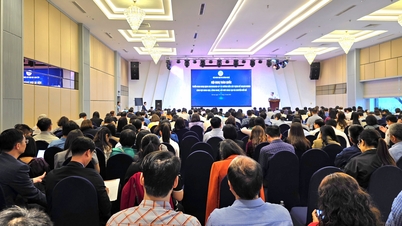













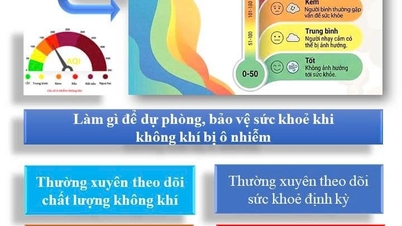
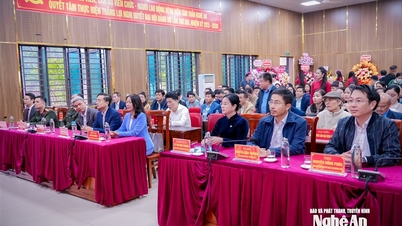





![[Video] The craft of making Dong Ho folk paintings has been inscribed by UNESCO on the List of Crafts in Need of Urgent Safeguarding.](https://vphoto.vietnam.vn/thumb/402x226/vietnam/resource/IMAGE/2025/12/10/1765350246533_tranh-dong-ho-734-jpg.webp)



































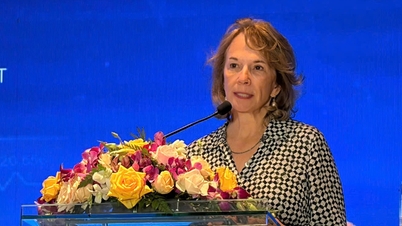


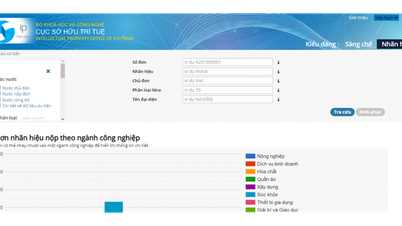
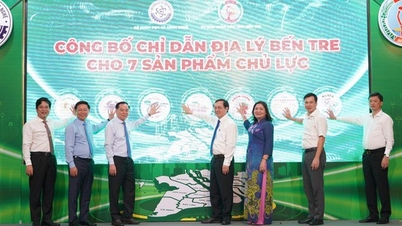
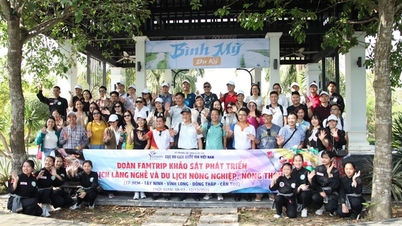








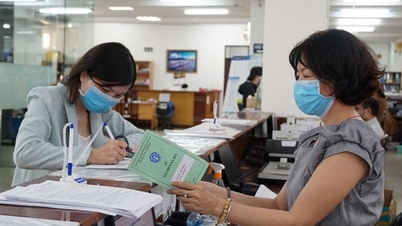





















Comment (0)